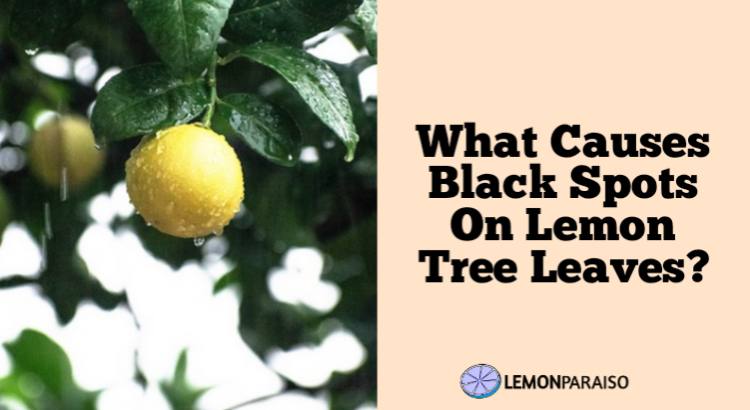Are Lemon Trees Deciduous Or Evergreen?
When it comes to trees, most fall into one of two categories: deciduous and evergreen. Deciduous trees are those whose leaves turn beautiful colors in the fall before falling off and regrowing in the spring. On the other hand, evergreen trees retain their leaves all year round and are known for their lush, green appearance.
One tree that may cause confusion is the lemon tree, also known as Citrus limon. Know the characteristics of deciduous and evergreen trees, and examine whether lemon trees fit into one of these categories or not.
Deciduous or Evergreen?
Deciduous plants are those that shed their leaves annually, typically in the fall or before the winter season. This process is known as leaf fall, and it is an adaptation that allows the plant to conserve energy during the winter months when sunlight is less available.
These plants go dormant during the winter, meaning they slow down their growth and metabolic processes, and re-grow new leaves in the spring when the weather becomes warmer and sunlight becomes more abundant.
Some deciduous plants also lose their flowers and fruits during the fall. Deciduous trees are known for their beautiful fall colors as the chlorophyll in the leaves breaks down, revealing other pigments such as yellows, oranges and reds.
Evergreen plants, on the other hand, retain their leaves all year round. They do not go through a dormant period like deciduous plants do, and continue to produce new leaves and fruit throughout the year.
The old leaves falling off and being replaced by new leaves on a continuous basis, which is known as evergreenness. Evergreen trees are known for their lush, green appearance that remains consistent throughout the year. They are adapted to survive in regions with less sunlight and less favorable weather conditions.
Are Lemon Trees Deciduous Or Evergreen?
Lemon trees are evergreen plants, meaning they retain their leaves all year round. They do not go through a dormant period and continue to produce new leaves and fruit throughout the year. However, in regions with cold winter, lemon trees may lose some leaves but will grow back once the temperature rises again.
Lemon trees are well adapted to grow in subtropical and tropical regions, where the climate is warm and consistent all year round, which makes it possible for them to keep their leaves and fruit all year round.
In addition to their evergreen nature, lemon trees also have a unique growth habit. Unlike most trees, lemon trees do not have a distinct dormant period, and instead, they are in a continuous state of growth.
They are known for producing new leaves and flowers throughout the year, which can lead to a constant supply of fruit. Lemon trees also have a relatively long lifespan and can live for decades if well-cared for.
It’s important to note that while lemon trees are well-adapted to subtropical and tropical regions, they can also be grown in cooler climates but with certain precautions. In regions with cold winter, lemon trees may lose some leaves, but they will grow back once the temperature rises again.
It’s advisable to protect the tree from frost and cold weather by covering the trunk or by placing it in a greenhouse or indoors. Lemon trees also need a lot of sunlight and warmth to grow and produce fruit, so make sure they are planted in a location that gets at least 6-8 hours of direct sunlight a day.
Conclusion
In conclusion, lemon trees are classified as evergreen plants, meaning they retain their leaves all year round and do not go through a dormant period. Understanding the classification of plants is important for understanding their growth habits and requirements, and it’s also necessary for proper care and maintenance.
Knowing whether a plant is deciduous or evergreen can help you make informed decisions about when to prune, fertilize, and protect the plant from environmental stressors. It also helps to understand the suitable conditions in which they can thrive.


